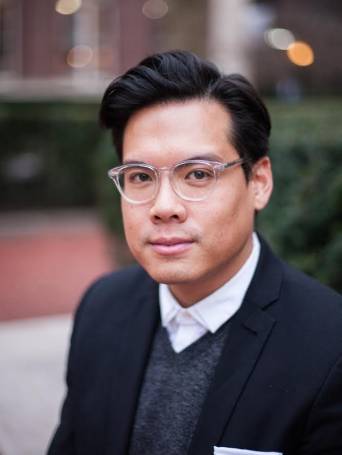
Francis Yu (they/them) is a Bay Area native and has experience in community organizing, community development, and local government. They most recently served a role as a Housing Fellow for the New York City Housing Preservation and Development agency (HPD) and Housing Development Corporation (HDC) where they researched, developed, and implemented a myriad of affordable housing policies specific to programs managed by the two agencies. Over the past couple of years, they have split their time between Vallejo, Calif. and New York City (where they currently reside) spearheading organizing efforts with DefundVallejoPD and now presently, with Vessels of Vallejo. Along with their organizing efforts in the Bay Area, they focus their time locally on mutual aid efforts in Brooklyn and food sovereignty work and farming in the Catskills region in upstate New York (Mohawk Land).
Francis is an alumnus of the M.S. Urban Planning graduate from GSAPP at Columbia University where they focused on the intersection of community development practices, radical participatory democracy, and the role technology plays in policy and decision-making processes. They have also served as an Association of Neighborhood and Housing Development Morgan Stanley Fellow and worked with Cooper Square Committee in East Village.